Tips
Improve Your Communication in Multiplayer Games with These Tips
Transform your multiplayer games communication and teamwork! Discover easy scripts, team guidelines, and real game examples to win more matches and have fun together. Start leveling up now.
Advertisement
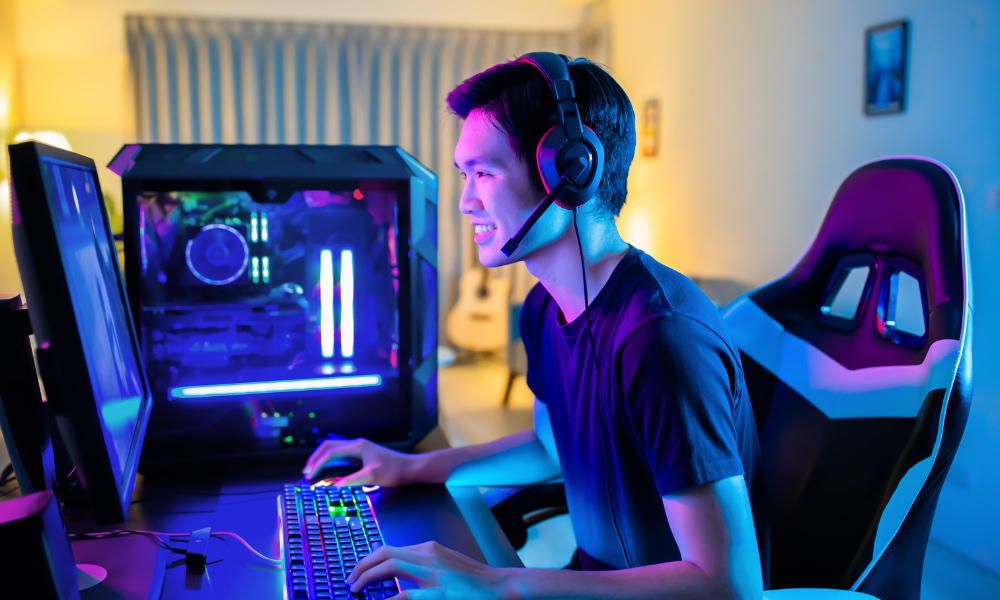
You know that surge of energy when you connect with teammates and everything just clicks? That feeling is what effective multiplayer games communication brings to every match—smoother teamwork, more wins, and memorable moments.
Gamers across platforms recognize that effective communication isn’t just about fast reflexes or sharp aim. It’s about clear directions, active listening, and building trust through language during battles or missions together.
Ready to see how much sharper your multiplayer games communication can get? Dive into these proven strategies, actionable scripts, and realistic examples designed for gamers aiming to unlock their team’s potential.
Establishing Ground Rules for Team Communication
Establishing clear team guidelines wins matches and turns group chaos into coordinated action. Start every session by stating your preferred callout style or agreed signals for danger and objectives.
Teams with strong multiplayer games communication agree on phrase shortcuts for routine situations. Decide on, “Regroup at spawn” or “Push left at three” up front, so everyone shares the same playbook by default.
Callout Consistency Builds Clarity
Using consistent callouts eliminates confusion in heated moments. Picture this: in a classic shooter, two players both yell “He’s over there!” but mean different spots. Stick to map landmarks or numbers like “Enemy at Bravo window.”
Repeat this habit in every game mode, even outside your comfort zone. When someone forgets, gently prompt—”Let’s use map points for callouts, please.” Get your team back on track fast by modeling this routine yourself.
Over time, these consistent phrases feel natural. New players adapt quicker, and everyone wastes less time clarifying intentions, boosting actual play quality for every teammate.
Quick Codes for Fast Decisions
In high-stakes moments, tight codes reduce lag. Use agreed one-word signals, like “Stack,” “Rotate,” or “Exit.” Your squad knows the meaning instantly—no second-guessing or delayed response.
If you’re in voice chat with drop-in teammates, pitch, “Let’s keep our comms tight: say ‘Stack’ when grouping.” Model it yourself—others will copy because smooth multiplayer games communication helps them win, too.
Choose codes that match your favorite games. Adapt between games, but always inform new teammates right away, so your squad acts as a single unit, not a cluster of confused individuals.
| Situation | Recommended Phrase | What It Avoids | Actionable Takeaway |
|---|---|---|---|
| Danger on flank | “Enemy left tunnel!” | Generic warnings (“Watch out!”) | Use specific map references each time |
| Group for push | “Stack mid doorway!” | Unclear timing | Pick a single word and spot to regroup |
| Item is clear | “Health pack safe, go” | Silence or slow pings | Always say it aloud, don’t rely on pings |
| Retreat needed | “Reset, fall back!” | Jumbled or panicked cues | Practice calm, direct retreat callouts |
| Ultimate/skill ready | “Ready ult!” | Missed synergy moments | Share ult status before push, not after |
Active Listening Keeps Your Team Synchronized
Teams act as a single force when members listen actively. Acknowledging input—by saying, “Copy that,” or even repeating key info—shows everyone you’re tuned in and reduces errors in movement or strategy.
Notice body language in voice chats. Pausing after a teammate gives orders, or saying, “I hear, regroup left!” proves to others your multiplayer games communication follows what was actually said, not what you assumed.
Reflect, Don’t Just React
When your shot-caller says, “Hold back,” echo, “Holding.” This quick reflection cuts down on misunderstandings. It also reassures nervous teammates, especially newer players, that you’ve understood and are on the same page.
Use reflection in matches with randoms, too. You could type back, “Copy, going B.” This small gesture raises the team’s overall coordination and creates reliable multiplayer games communication even with strangers.
- Pause and listen before speaking so you don’t miss critical details, which prevents unnecessary cross-talk or confusion in the heat of the moment.
- Acknowledge commands with a quick word (“On it!” or “I see!”) to give feedback and boost confidence in your group’s communication.
- Repeat game-critical details if there’s background noise, so nobody misses essential map, skill, or timing info that can swing close games.
- Rephrase directions to confirm you understood them—e.g., “You want us to flank left now?”—to avoid split-second misplays at crucial points.
- Respond positively to new callers so everyone feels comfortable contributing, which leads to smarter callouts and a safer team atmosphere.
Making these habits routine will steadily improve the overall effectiveness of your multiplayer games communication in every match you play.
Escalate Important Info Without Overwhelming the Channel
If an urgent situation arises, such as an ambush, elevate your tone—but keep your words short and direct. Loud, clear alerts ensure nobody misses a turn, but don’t fill every second with nonessential talk.
Allow small silences so others can jump in. When you secure an objective, announce the result and then pause—“Dock captured, regrouping.” This lets faster players set up the next move, while everyone else isn’t overloaded with chatter.
- Use urgency in your voice, but avoid panic, to quickly rally teammates and set a tone of control during high-pressure phases of the game.
- Save your biggest reactions for genuinely game-changing moments (like flanking or item grabs), signaling the team to shift focus instantly.
- Invite others to add details with an open-ended, “Anything on right?” to collect team info, then close out the round together.
- Avoid running commentary about every move; skip the play-by-play and stick to essentials that prompt immediate group action.
- Balance listening and speaking by mentally counting to three after a big callout, leaving space for teammates to chime in if needed.
Practicing these skills helps keep your multiplayer games communication clean, sharp, and battle-ready in any situation.
Adapting Tone and Tempo to Match Game Flow
Adjust your energy and pacing to fit the current match’s tempo. In calm moments, use clear, slower speech and check-in with teammates. When the action heats up, shift to rapid-fire cues and direct commands.
Team leaders can model this: between rounds, say, “Everyone good on gear?” Then as a fight breaks out, switch to, “Push, push, push!” Matching communication tempo keeps everyone on a unified mental track.
Checkpoints and Status Updates as Micro-Routines
At key moments—before boss fights, zone defenses, or crucial pushes—add a step: call for status. “Anyone need ammo?” or “Ultimates ready?” These small scripts prevent preventable chaos before stakes rise.
Check-in habits translate to mobile games, too. A quick, “All set?” typed in chat gives teammates time to prep. It’s not just about supplies; a mental reset builds confidence for the next move together.
When everyone shares their status, your multiplayer games communication covers gaps, so missing resources or plans never throw the team off.
Tempo Shifts Keep Teams Focused Under Pressure
Sticking to a steady rhythm avoids panic when matches escalate. If teammates speed up their speech, match their tempo without rushing into mistakes. Example: “Stack left. On three. Two. One.”
Integrated verbal cues—like counting down in unison—align group reactions. Slowing the pace after a win, with phrases like, “Take a breath, next round,” helps prevent sloppy mistakes from adrenaline crashes, especially in high-stakes moments.
Adjusting tone and tempo strengthens trust; your team reacts faster and stays mellow when needed. Consistent multiplayer games communication habits lower stress and boost performance every match.
Constructive Feedback and Encouragement Fuel Improvement
Teams that grow together use encouragement and actionable feedback. Instead of blaming mistakes, describe what happened and suggest fixes: “Let’s try flanking next time,” or, “Watch the left tunnel on respawn.”
Start by noticing improvement moments—”Nice save!” or, “Great placement on that trap.” Public praise inspires shy teammates, while gentle correction like, “Next time, call out your reload!” teaches without drama.
Delivering Feedback That Builds Skill, Not Friction
Keep correction short and direct. If someone missed a key signal, say, “Let’s stick to map callouts.” Use “we” language to build unity, not create rifts: “We’re missing the mid lane—let’s cover it every round.”
Be specific and timely. Don’t let small mistakes fester. After a defeat, review key plays briefly: “They flanked left twice; let’s defend that better.” Short, focused reviews fuel growth and real multiplayer games communication progress.
Wrap up reviews with a positive note—“Loved your headshots!”—to keep morale high and everyone hungry for progress next time.
Reinforcing Successes in the Moment
Say, “Nice combo on those skills!” immediately after a team move that works. These affirmations turn smart plays into habits and encourage everyone to repeat what works. Short, sincere praise beats long speeches every time.
Use body language, too, if your platform supports it—thumbs-up emotes or quick cheers keep the mood fun and focused on growth, not just wins or losses.
In multiplayer games communication, supporting progress builds motivation, while only pointing out problems drains energy. Find ways to celebrate every improvement, big or small.
Consistent Terminology Safeguards Team Strategy
Sticking to familiar words keeps strategies clear under fire. Agree on names for each objective, side, or item early in your games. Use only those words in callouts so nobody hesitates or gets confused under pressure.
Analogous to a sports team using set plays, reliable vocabulary prevents missed cues. The phrase, “Hit point Alpha,” must always mean the same spot, round after round, for all teammates to move together instinctively.
Quick Reference Cards for Frequent Plays
Create or print mini “role cards” with the common commands your group chooses. Keep it by your setup or post it in a chat channel. Example for shooters: “Left, Right, Mid, Stairs, Balcony.” Everyone internalizes these cues faster.
Share your list if new players join. For mobile multiplayer, post the terminology at the game’s lobby start, increasing the speed of integration for all. Updated cards keep your multiplayer games communication sharp across sessions.
Test each addition in play before making it standard. If a phrase causes confusion, swap it out and notify everyone quickly—never leave ambiguous terms floating in your comms.
Example Scenario: The “Regroup” Command
Scenario: Your team is split after a wipe. You yell, “Regroup base!”—everyone knows to run, not fight, and reset as a team. This one-word command saves matches.
Without an agreed term, teammates waste precious seconds, leading to solo defeats or misaligned pushes. Using your group’s fixed commands earns back vital time and momentum in tense matches.
Introduce one new command at a time, reinforce usage early, and watch as your team’s multiplayer games communication becomes automatic—and game-winning—under pressure.
Reliable Tech and Configuration Eliminate Communication Barriers
Your hardware and software setup impacts communication. Test microphones for clarity, check game chat settings, and minimize background noise before matches. Even a slight improvement delivers smoother, more actionable callouts in every round.
On mobile, ensure your device runs group chats smoothly. Keep games and apps updated, and learn to switch between push-to-talk and open-mic modes for the cleanest dialogues. Quick tech checks stop issues before they ruin play.
Creating Personal Setups That Support Smart Play
Arrange your headset or phone where you can mute quickly. Practice toggling settings between games—shift from group calls to solo when needed without fumbling. Set volume just high enough for teammates, but not so loud you miss in-game cues.
Remember, bad comms don’t just come from weak skills. Poor gear or unfamiliar menus can sabotage even veteran players’ multiplayer games communication.
Before group sessions, preview all chat features. Look up in-game push-to-talk keys or lobby mute options so you aren’t hunting for settings mid-match. Secure your tools before high-stakes games for the best possible team experience.
Applying Consistent Communication Habits Across Game Types
Use everything you’ve learned regardless of the game genre. Shooter games, battle royales, MOBAs, and mobile titles all reward steady, practiced multiplayer games communication habits. Flexible scripts transfer easily across voice or text-based platforms.
Quick example: Callouts like, “Rotate and hold left,” work in shooters, while, “Focus fire boss,” keeps a mobile RPG group alive. The method changes, but the principles travel: specificity, brevity, reflection, and shared language.
Unlocking Your Team’s Full Potential Through Communication
Every player can lead—or support—better multiplayer games communication with small, intentional actions. Try one new tip this week: create a quick code or acknowledge calls. Consistency sparks improvement faster than drastic overhauls.
Every match is a chance to model clarity, active listening, and positive feedback. The strongest teams never rely on individual skill alone—they sync minds through practiced communication as naturally as they sync aim or movement.
True teamwork emerges when communication habits are automatic, adaptable, and perform their best under pressure. Start with one habit, reinforce it, and your games—and your friends—will thank you every session.
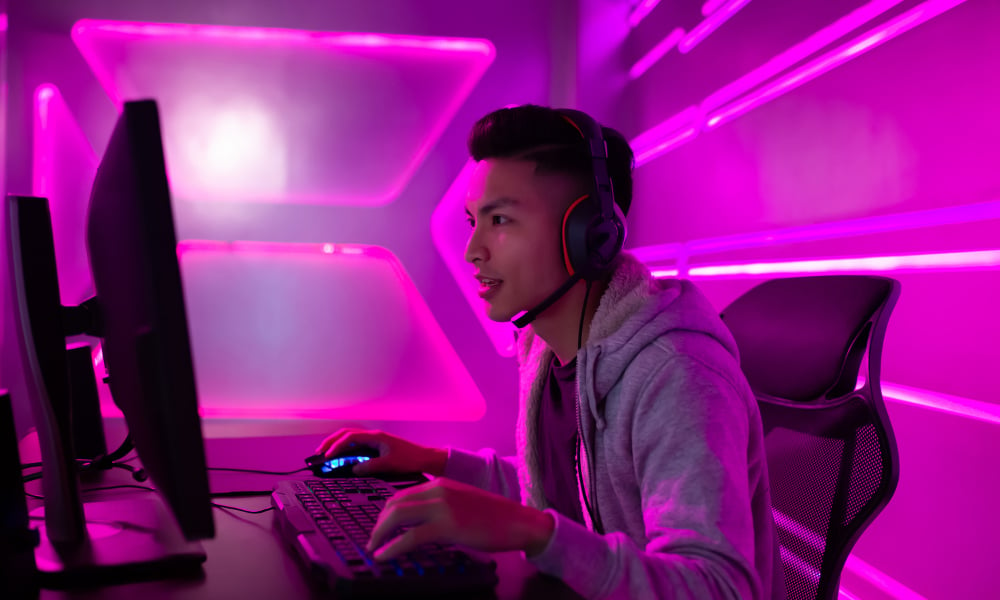
Tips for Choosing the Best Open-World Game for You
Find the perfect open world game for your playstyle with tips on exploration, progression systems, accessibility, and immersive features for mobile gaming.
Trending Topics
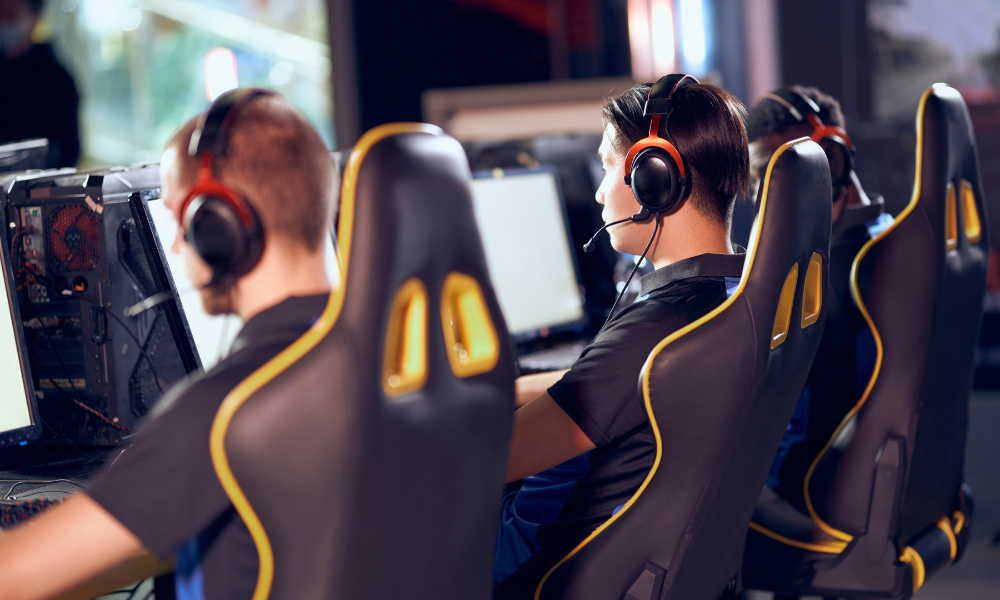
Strategies for Winning in eSports Games: What to Learn from the Champions
Mastering eSports means more than reflexes—strategy, mindset, and teamwork turn consistent practice into championship results.
Keep Reading
How to Stay Focused During eSports Tournaments: Concentration Habits That Win
Boost your focus for eSports tournaments with pre-game rituals, environment optimization, and team communication strategies.
Keep Reading
The Ultimate Guide to Starting a Career in eSports
Building an eSports career requires setting clear priorities, refining skills, and engaging with the community for long-term success.
Keep ReadingYou may also like
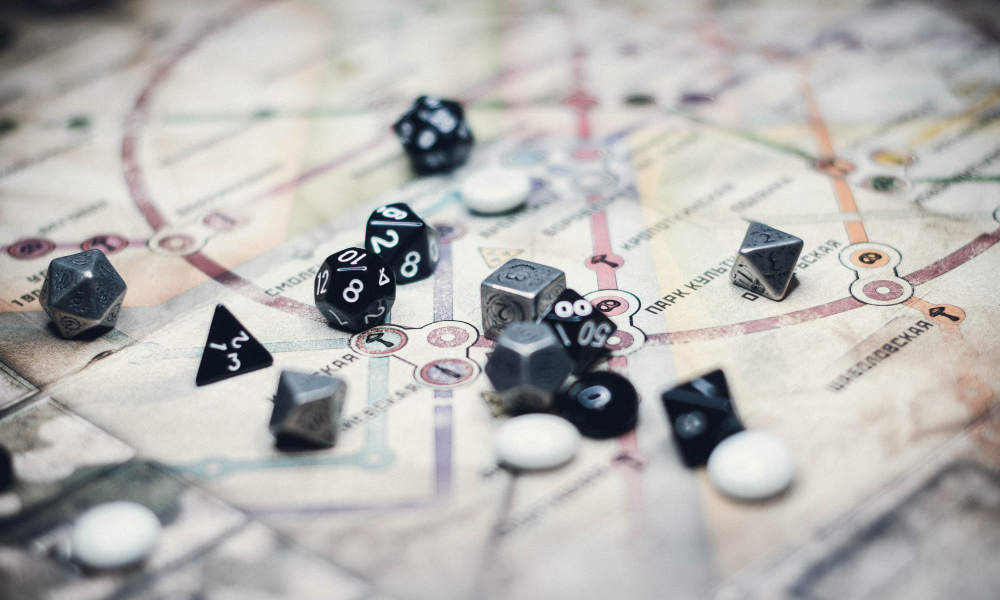
How to Level Up Quickly in RPG Games: Proven Methods for Fast Progress
Level up RPG games faster by setting goals, tracking progress, and focusing on high-yield tasks. Maximize rewards and avoid burnout!
Keep Reading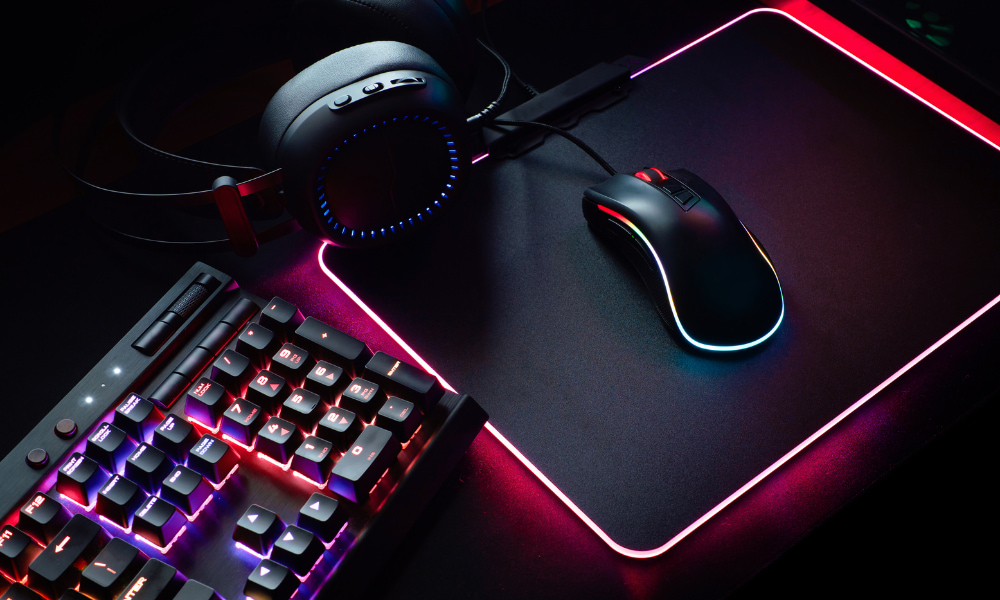
How to Play Better with Keyboard and Mouse: Tips and Tricks
Improve your keyboard and mouse gaming with tips on accuracy, custom key bindings, reflex drills, and ergonomic setups for better performance.
Keep Reading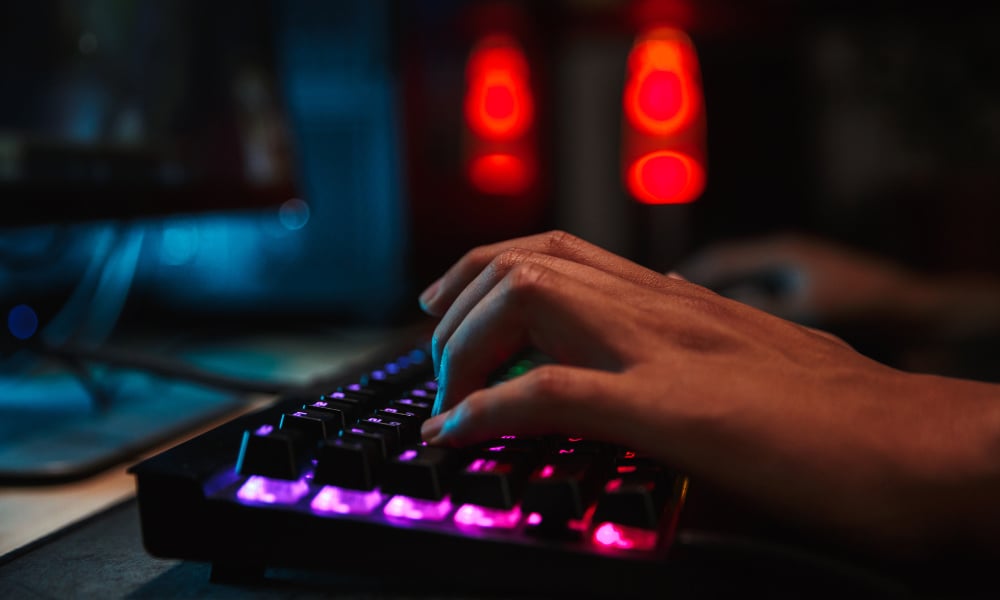
How to Organize Your Gaming Routine to Maximize Performance
Level up your gaming routine with tips on pre-game rituals, progress tracking, and environment setup to boost focus and performance.
Keep Reading